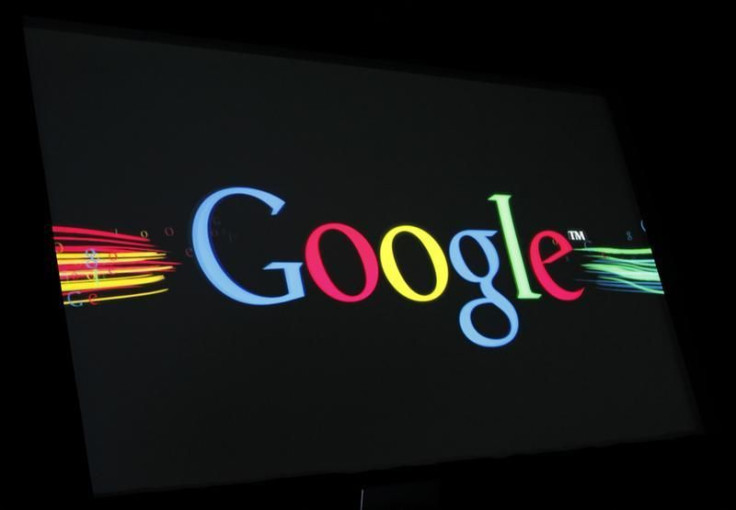Google, Facebook Censor Content from Indian Domain Websites after Court Warning

Internet giants Google Inc and Facebook removed content from some Indian domain websites on Monday following a Delhi court directive warning them of a crackdown like China if they did not take steps to protect religious sensibilities.
The two are among 21 companies asked to develop a mechanism to block objectionable material after a private petitioner took them to court over images deemed offensive to Hindus, Muslims and Christians.
The case has stoked fears about censorship in the world's largest democracy.
(Our) review team has looked at the content and disabled this content from the local domains of search, Youtube and Blogger, Google spokeswoman Paroma Chaudhry said.
At the heart of the dispute is a law that India passed last year making companies responsible for user content posted on their web sites, and giving them 36 hours to take down content if there's a complaint.
Last month, the companies said it was not possible for them to block content. Google's Chaudhry declined to comment on what had since been removed, and a Facebook representative said only that the company would release a statement later.
A lower court in New Delhi told the companies on Monday to put in writing the steps they had taken to block offensive content, and submit reports to the court within 15 days.
Google, Facebook, Yahoo! (YHOO.O) and Microsoft (MSFT.O) have appealed in the Delhi High Court against a criminal case successfully brought by a Hindu petitioner. A civil case against them has been brought to a lower court by a Muslim petitioner.
If the companies have actually removed some content, they should put in place a mechanism to do it regularly, instead of waiting for a court case every time, Vinay Rai, the Hindu petitioner, told Reuters.
Microsoft has filed an application for rejection of the suit on the grounds that it disclosed no cause of action against Microsoft, a spokesperson for the company said. The matter is sub judice and no further comments can be given.
Fewer than one in 10 of India's 1.2 billion population has access to the Internet, but that still makes it the third-biggest Internet market after China and the United States. The number of Internet users in India is expected to almost triple to 300 million over the next three years.
Despite the new rules to block offensive content, India's Internet access is still largely uncensored, in contrast to the tight controls in neighbouring China.
While civil rights groups have opposed the new laws, politicians say posting offensive images in a socially conservative country, which has a history of violence between religious groups, presents a danger to the public.
© Copyright Thomson Reuters {{Year}}. All rights reserved.





















